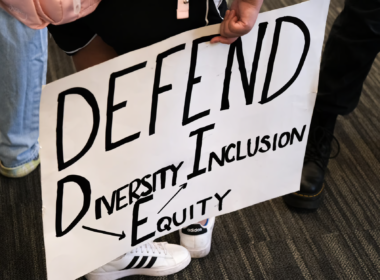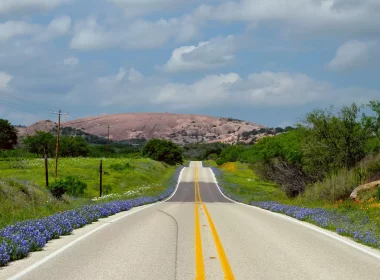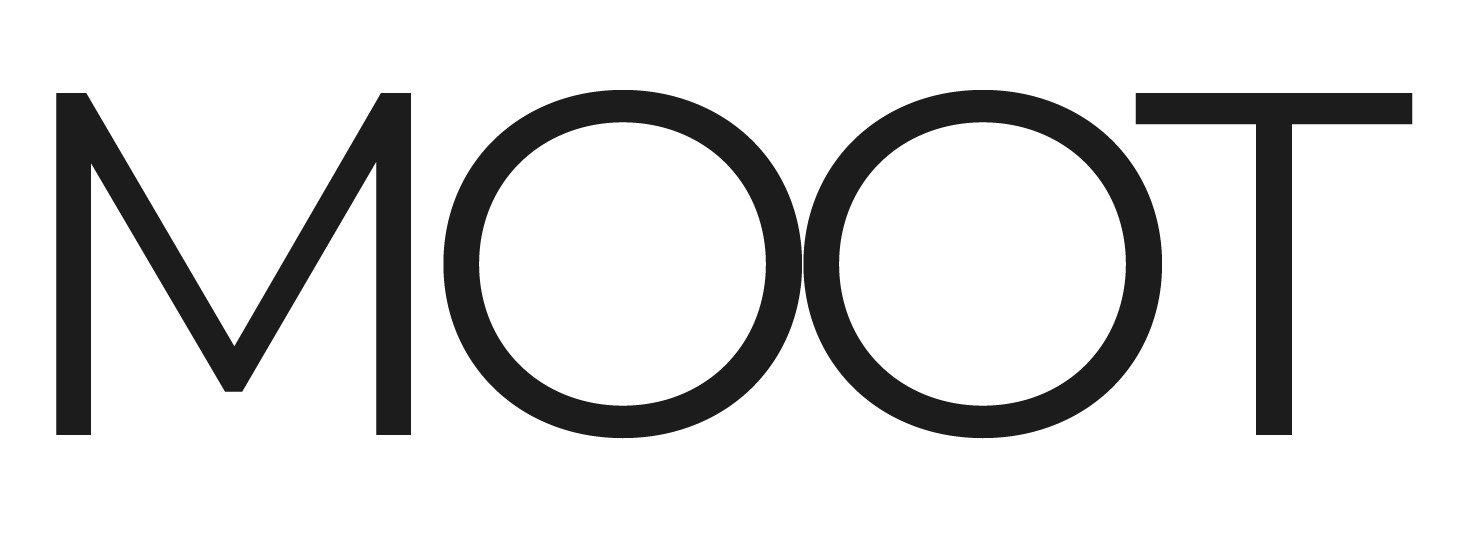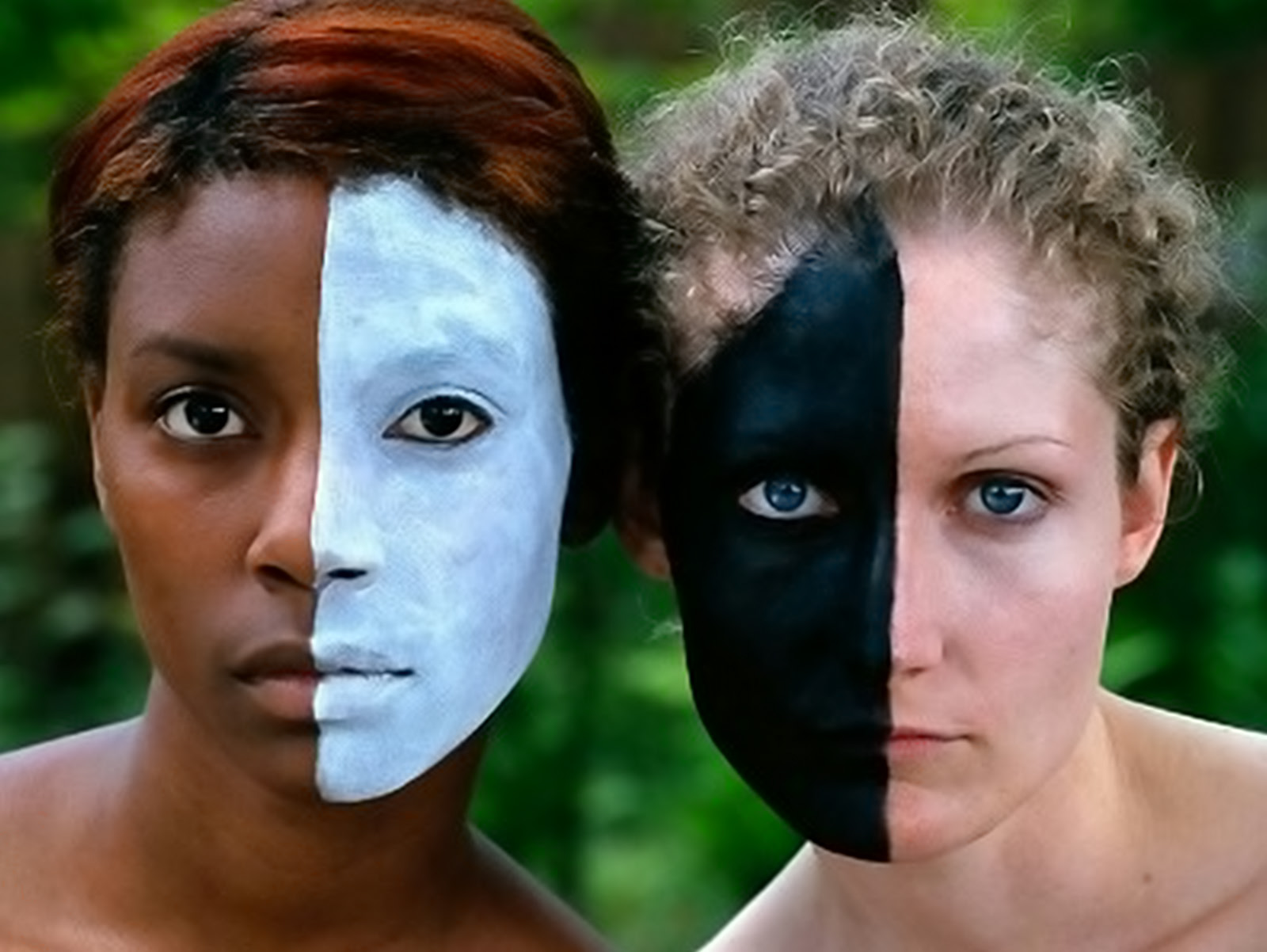I have a confession, I am an internet junkie. There is something about the way the internet works, how it connects people from one side of the globe to the other, and how you can literally do anything just by typing and clicking. I spend anywhere from 36 to 45 hours a week online. Yes, I spend that much time online while working two jobs and having a normal twenty six year olds life. I work third shift full time in auditing and during the day, I am a high school athletic coach. I am always low on sleep and never make it past the half-way point of my to-do list, but somehow I manage it all.
For some, taking a bubble bath and reading a book is a way to unwind from that hectic day at the office. For me, an hour online watching funny videos trumps anytime spent in those bubbles. In all honesty, the internet has been a way for me to keep my sanity. The internet has become a fascination, resource, and even a hobby. When I am not wasting time on social websites, game sites, and gossip feeds, I am doing research for coaching, blogging, or trying to be constructive in any way possible.
So, the big question is, what can we do on the internet? The answer is simple, anything. Nearly 2.1 billion people are connected to the internet; a spidery link of cables, wires, and signals floating in air that has the ability to connect the entire world. We have replaced every form of communication with a faster, more entertaining steroid version of what came before. We live by and for our internet capabilities.
We all know the common websites like Facebook, Skype, Google, Twitter, and YouTube. This is because people in the United States spend 22% of their time on just social media websites. But, can the internet be like treasure hunting? Does digging deeper find you better sites or just the sites that have no purpose? Also, with the ease of sharing information, are we able to spread and idea or a new fad faster than ever before? With all the information about our personal lives constantly flowing out into the internet, how can anyone say that we don’t broadcast our lives via the internet? This all prompted me to wonder, what are we really capable of doing by only using the internet and how does it affect our daily lives?
One single person can share anything they want with the entire world within in minutes or even seconds. Facebook has 750 million users and Twitter processes 40 million “Tweets” per day. Sources also estimate that there are anywhere between 130 and 160 million public blogs in existence.
If you have memories of a little book with a small metal lock attached to the side of it, you’ll certainly remember this phrase: “Dear Diary.” Seriously, anyone could have broken that silly little lock, but somehow everyone felt like their secrets were truly safe. Flash forward to present day, and you will see that the idea of that little book hidden beneath your pillow is an idea of the past. Why write your secrets in a book anyone could find when you could make your own password protected private blog? And if you’re brave enough, you can share your feelings with the world just by selecting the option “public” in the settings box.
I admit, I do have a blog, and contrary to the common stereotype, I am not a person who sits in a dark room hating life and constantly publishing my sad thoughts for some random person on the other side of the world to read. If you have never heard of a blog, it is simply a personal website that an individual uses to post information on. They range from artistic blogs about how to make an old bed into a chalk board (yes, I’ve actually seen this before), to informational blogs that help others in writing html codes for programming.
What is the fascination with sharing our thoughts and day to day activities? Historically, all cultures found ways to record their daily lives. The earliest cave drawings were made 32,000 years ago. Maybe expressing our thoughts, feelings, and every day activates, with hopes that someone will find them, is something that is just programmed into us. Because of advances in technology over time, we’ve gone from cave walls, to paper books, to personal online websites.
If you are familiar with the 2009 hit movie Julie and Julia, then you know that the movie was based off of a blog written by Julie Powell. Julie wrote a blog about cooking her way through Julia Child’s cookbook, “Mastering the Art of French Cooking” in one year. I bet you do not know who Lawrence Dai is though. For a year, Lawrence watched the movie Julie and Julia every day and blogged about it on his blog called “The Lawrence/Julie and Julie Project”. He refers to his project as “…a blog about a movie about a bookabout a blog about a book.” Lawrence’s blog was interesting, humorous, and kept his readers in tune with his mental state as he watched the movie over and over again. One woman’s blog about her life went on to inspire a movie, which then went on to inspire another man’s blog. Are blogs the gift that keep on giving?
What about the time between the cave drawings and the internet? We wrote our lives onto plain paper in the form of a diary or journal. What may be one of the most popular diaries of all time is Anne Frank’s. Her diary consisted of notebooks filled with her day to day life while living in a secret quarter of her father’s office building during the occupation of the Nazis in the Netherlands. Anne spent a little over two years writing her entries, and to this day we are still fascinated by what she wrote. Her diary has been published in over 60 languages, sold 25 million copies, been made into a play, a movie, and is on numerous lists of the top books of the twentieth century. All of this is because one thirteen year old girl decided to write in her diary.
Blogging is the new way of expression for humanity that we cannot get enough of. Using the internet allows us to create a scrapbook of images, text, ideas, and history which ultimately turns into a colorful and in depth autobiography of ourselves. In turn we inspire others to do the same. Unlike the fragile pages of a diary, what we put on the internet can last forever, allowing others to stumble upon what you have left.
Three months before her capture, Anne wrote in regards to her writing, “I want to go on living even after my death!” No matter if we write it, paint it, or type it, I believe that is what we all want in the end.






